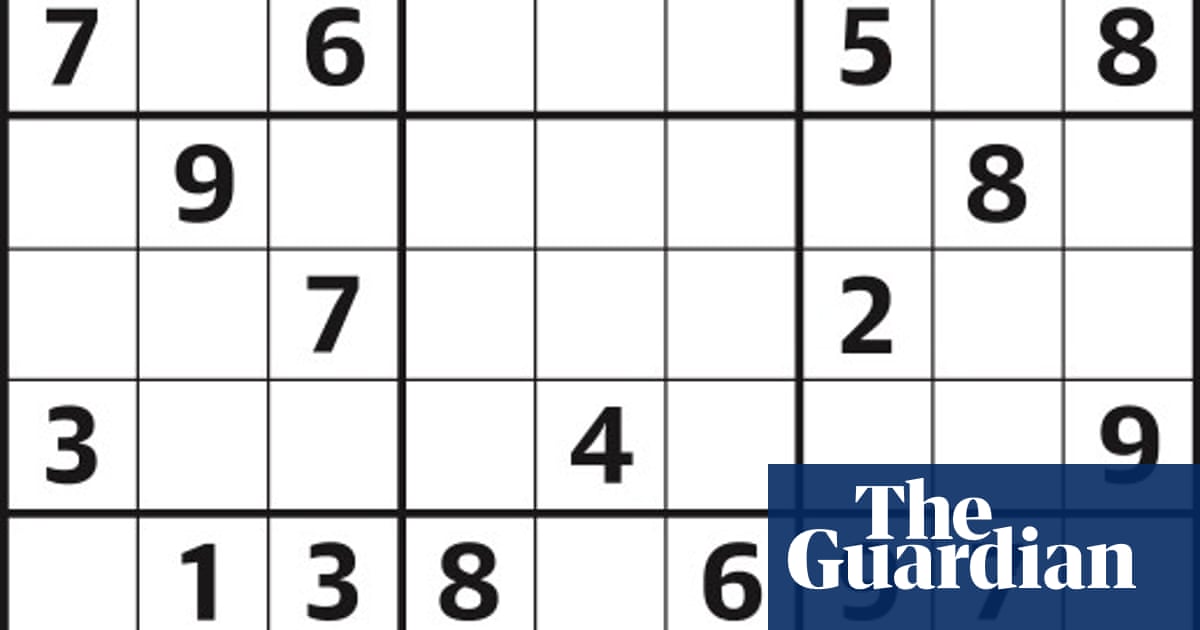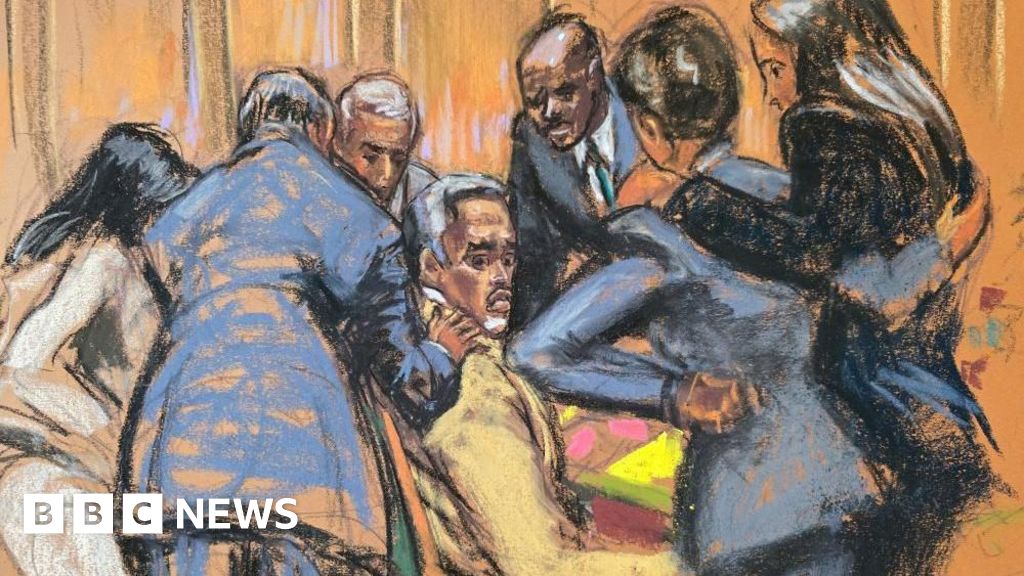I received an ADHD and autism diagnosis at the end of 2024 after a period of stress and depression. I thought that my profession was to blame (I work, however unfittingly, in finance) but have come to appreciate that I am sensitive to many kinds of environmental stressors.
It has been difficult to navigate the world since the diagnosis. At first I was ecstatic, finding many of my life’s complexities could be easily answered by a natural neurodivergence, but have since found the world to be even more confusing, especially where relationship dynamics are concerned. Some people I have told about my diagnosis have started to baby me slightly. Whereas before the diagnosis I might have struggled along in certain social situations, feeling myself a little bit slow off the mark, or bored, now I am starting to notice a pronounced sense of my “otherness”, which is quite scary.
Do you have any advice on how to keep things in proportion after receiving news that can force you to look at life through a completely different lens?
Eleanor says: What do we learn when we get a diagnosis? You say to a doctor I have experiences A through F. They say, ah, it sounds like you have condition X. And you say interesting, what’s condition X? And they say well one important hallmark of condition X is where you have experiences A through F. It can be so helpful and so emancipatory, but it doesn’t necessarily leave us knowing what causes or explains our experiences. In lots of mental health diagnoses, we still don’t know those things. Nor do we learn that we experience the world a particular way – we already knew that. Much of the force of the discovery is that it isn’t the experience of many others, but medicine has needed to categorise those experiences so they can be helped, explained, accommodated, and so on.
Many of us feel the duality you describe after a diagnosis: understood, since we can finally name the patterns, but isolated, since we learn those names at the cost of learning they’re unusual. There’s relief if it all makes sense; but also dread that it’ll always be like this.
You mentioned the pronounced sense of otherness. Like being on the outside of a fishbowl looking in.
One response is to resist that: othered from whom? Lots of people learn as adults that they’re autistic, or have ADHD, or both; lots of people find new ways of understanding their mental experiences. As a result, there’s a lot more understanding of these things than maybe ever before. That’s not to say you have to take up residence in communities of the literally like-minded. It’s just to say that as you meet new people, you may find their experiences are only slightly different to yours. We never know what’s happening in other people’s minds; if it’s otherness we’re worried about we may be in the company of more others than we realise.
Another response, though, is to allow that feeling of otherness. Similarity is helpful for connection, it’s true. To that extent, it’s frightening to learn that we’re not so similar to others. That will make some things harder. But similarity isn’t the only way to connect. You can feel reverence, awe, cherishment, for things that aren’t much like you at all. Indeed, being in front of things unlike you can make you more aware of and reverent toward the contrasts in yourself. We feel this all the time with the natural world: lots of people feel deep love for, feel most themselves around, the ocean, the night sky, an animal. It’s not because they seem the same as us.
All that is to say: it can be precisely by standing in contrast, and not similarity, that you can simultaneously appreciate what is true of others and what is true of you. There’s a kind of connection available here based on a true vision of each other, not just on being similar.

 12 hours ago
2
12 hours ago
2









 English (US)
English (US)